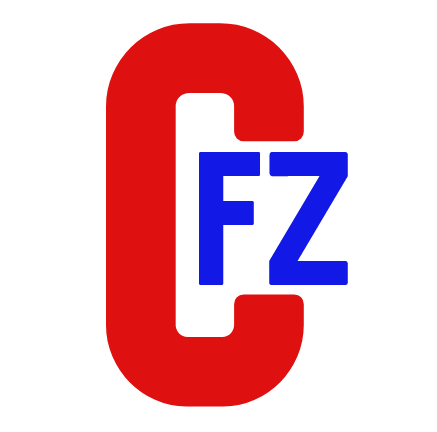[ad_1]
The diagnosis for the future of coral reefs around the world has been bleak in recent years, as climate change threatens to wipe them out completely. But scientists have recently made an exciting discovery that offers some hope — a massive reef off the coast of Australia, larger than some of the world’s most impressive skyscrapers.
During a 12-month exploration of the ocean around Australia, scientists last week discovered an enormous detached coral reef in the Great Barrier Reef — the first to be discovered in over 120 years. According to the Schmidt Ocean Institute, the reef measures more than 1,640 feet, which is taller than the Empire State Building, the Sydney Tower and the Petronas Twin Towers.
A team of scientists led by Dr. Robin Beaman discovered the massive reef off North Queensland on October 20, before diving to explore it on Sunday. They found that the base of the “blade-like” reef is nearly a mile wide and rises over 1,600 feet to just 130 feet below the ocean’s surface.
The new reef joins seven other tall detached reefs in the area, which have all been mapped since the late 1800s. Beaman said the team is “surprised and elated” by the discovery.
“This unexpected discovery affirms that we continue to find unknown structures and new species in our Ocean,” Wendy Schmidt, co-founder of Schmidt Ocean Institute, said in a news release Monday. “The state of our knowledge about what’s in the ocean has long been so limited. Thanks to new technologies that work as our eyes, ears and hands in the deep ocean, we have the capacity to explore like never before. New oceanscapes are opening to us, revealing the ecosystems and diverse life forms that share the planet with us.”
The Great Barrier Reef, the largest in the world, is home to more than 1,600 species of fish and over 400 species of hard corals. But it is facing an ecological catastrophe, as more than 50% of its corals have died in the last 25 years, mostly due to climate change causing mass bleaching events. The reef is at risk of losing its coveted World Heritage status because of ocean warming damaging its health.
But scientists are continuing to explore the mysteries of the Great Barrier Reef — and they aren’t giving up hope that it could be saved.
“To find a new half-a-kilometer tall reef in the offshore Cape York area of the well-recognized Great Barrier Reef shows how mysterious the world is just beyond our coastline,” said Dr. Jyotika Virmani, executive director of Schmidt Ocean Institute. “This powerful combination of mapping data and underwater imagery will be used to understand this new reef and its role within the incredible Great Barrier Reef World Heritage Area.”
[ad_2]





